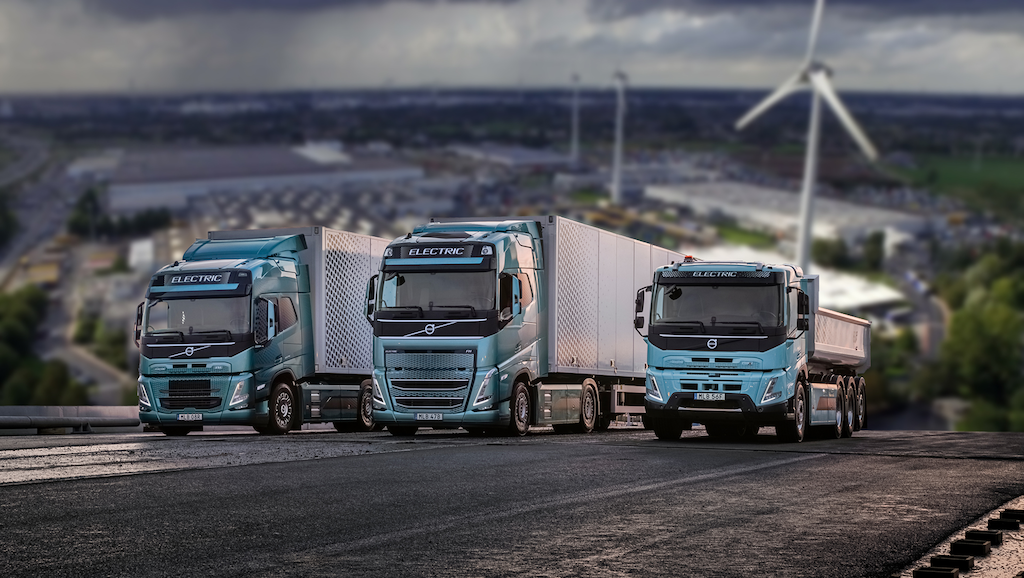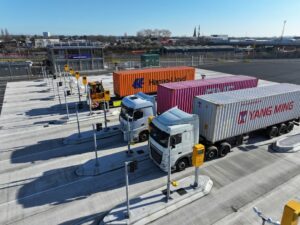Volvo Trucks is taking significant strides in electric truck manufacturing by initiating serial production of heavy battery electric trucks at its Ghent factory in Belgium. With this expansion, electric Volvo trucks are now being produced in four facilities across Europe and the United States.
Roger Alm, President of Volvo Trucks, expresses his excitement, saying, “I’m thrilled! The Ghent factory is our largest facility, making this a crucial milestone. Now, more transport companies can embrace Volvo’s electric offerings.”
The Ghent factory will manufacture three electric models: the Volvo FH, the Volvo FM, and the Volvo FMX Electric, designed for a total weight capacity of 44 tonnes, catering to diverse transport needs.
With an annual capacity of approximately 45,000 trucks, the Ghent factory produces electric trucks on the same platform and assembly line as their diesel and gas counterparts, ensuring flexibility in handling various truck variants and demands. Battery packs come from the nearby battery assembly plant in Ghent.
Ghent joins three other Volvo Trucks factories in producing battery electric trucks. The journey began in Blainville, France, in 2019, followed by the New River Valley site in the US. In 2021, Volvo Trucks initiated serial production of its heaviest electric trucks at the Tuve plant in Sweden, becoming the first global manufacturer to do so.
To date, Volvo Trucks has received orders and letters of intent for about 6,000 electric trucks from customers in 42 countries across six continents.
Alm emphasizes Volvo’s commitment to electrification, stating, “A few years ago, many thought electrifying heavy truck transport was impossible. But we decided early on that electrification is our main path to zero emissions. Now, we offer industry-leading electric trucks in operation worldwide.” He also calls for government support, including incentive programs, grid capacity expansion, and CO2 taxes, to facilitate sustainable transport adoption.






